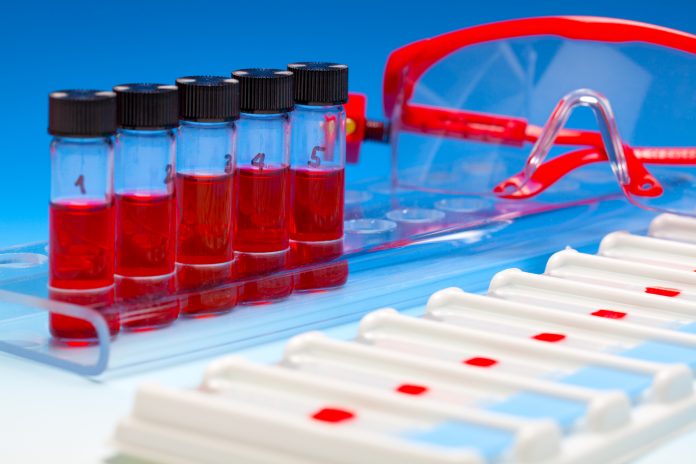
Adela, the developer of a liquid biopsy that spun out of Toronto’s University Health Network last year under the name DNAMx, has renamed itself and formally launched with a $60 million Series A financing.
Proceeds from the financing are intended to support advancing its blood test towards commercialization, with initial applications across cancer care from early detection to diagnosis and management of disease, Adela stated.
Adela added that it plans to leverage its genome-wide testing methylation enrichment technology to offer a single assay that applies its technology to other “high-morbidity, high-mortality” diseases in the future.
Adela said its platform is designed to capture information efficiently from the entire methylome, and does not require bisulfite conversion that results in the loss of genomic material—contrasting its technology with existing platforms that only tap into a subset of the methylome.
By homing in on genome-wide information-rich regions and preserving as much genomic material as possible, Adela reasons, its technology can detect with unprecedented sensitivity and classify underlying disease, including tissue of origin and histologic subtype.
The company’s liquid biopsy technology is based on a proprietary platform designed to distinguish the most-highly methylated regions of the genome from non-methylated regions and preferentially target methylated regions for sequencing. It was originally developed by Adela’s Chief Scientific Officer, Daniel De Carvalho, PhD, at University Health Network’s Princess Margaret Cancer Center, in collaboration with investigators at Sinai Health System.
“We profile all methylated DNA fragments in a vial of blood in an unbiased manner. This enables us to achieve robust cancer detection as well as tissue-of-origin classification from a single blood sample,” Adela CEO Scott Bratman, MD, PhD, said in a statement.
Bratman said Adela’s core technology has been evaluated and externally validated by prominent independent groups across 10 different cancer types, with clinical feasibility and reproducibility shown in peer-reviewed publications.
Adela cites a 2018 Nature study and other studies that have shown Adela’s liquid biopsy to high sensitivity to detect and histologically subtype a wide range of cancers, including kidney cancer and intracranial brain tumors. Both had been undetectable in early stages of disease using other liquid biopsy approaches.
A more recent study, published today in Clinical Cancer Research, demonstrated Adela’s tumor-naïve detection of ctDNA in head and neck squamous cell carcinoma. Published data also support using this platform to develop blood-based prognostic biomarkers, monitor patients with cancer through their treatment, and detect molecular residual disease afterward.
Bratman heads Adela’s management team, which includes De Carvalho as well as:
- Anne-Renee Hartman, MD, Chief Medical Officer. Hartman is the former Head of Clinical Development & Medical Affairs at GRAIL, and a pioneer in cancer early detection,
- Todd Arnold, PhD, Chief Operating Officer> Arnold is the former Chief Laboratory Operations Officer at Sema4, and has executive experience in laboratory and R&D operations.
David Scheer, a founder, director, and/or chairman of more than 10 life science companies, has been named to chair Adela’s board. Members of the board include Maneesh Hain, PhD, a CEO, founder, and/or Director of six life science start-ups including Cirina, a liquid biopsy company specializing in early cancer detection.
F-Prime Capital led Adela’s Series A financing, with participation from OrbiMed, Deerfield Management, Decheng Capital, and RA Capital Management.
“Adela’s technology has the potential to revolutionize how we detect and diagnose disease,” Scheer stated. “We envision a future in which a single, accessible blood test will be part of routine care for early detection of many conditions—cancer, cardiovascular disease and autoimmune conditions—allowing for a complete transformation in how we currently detect disease.”











